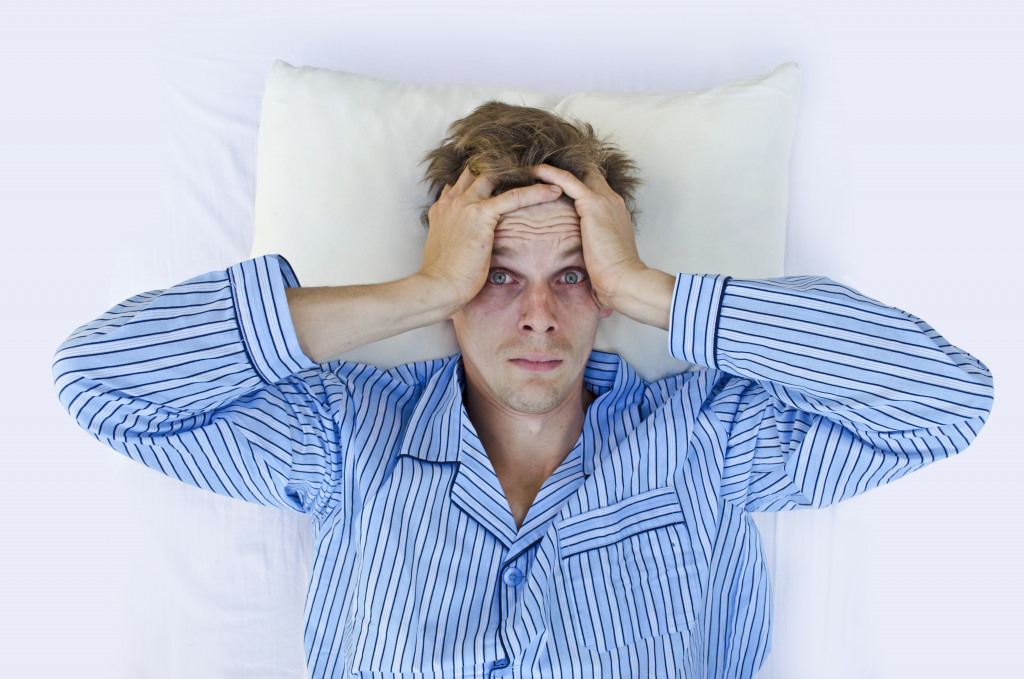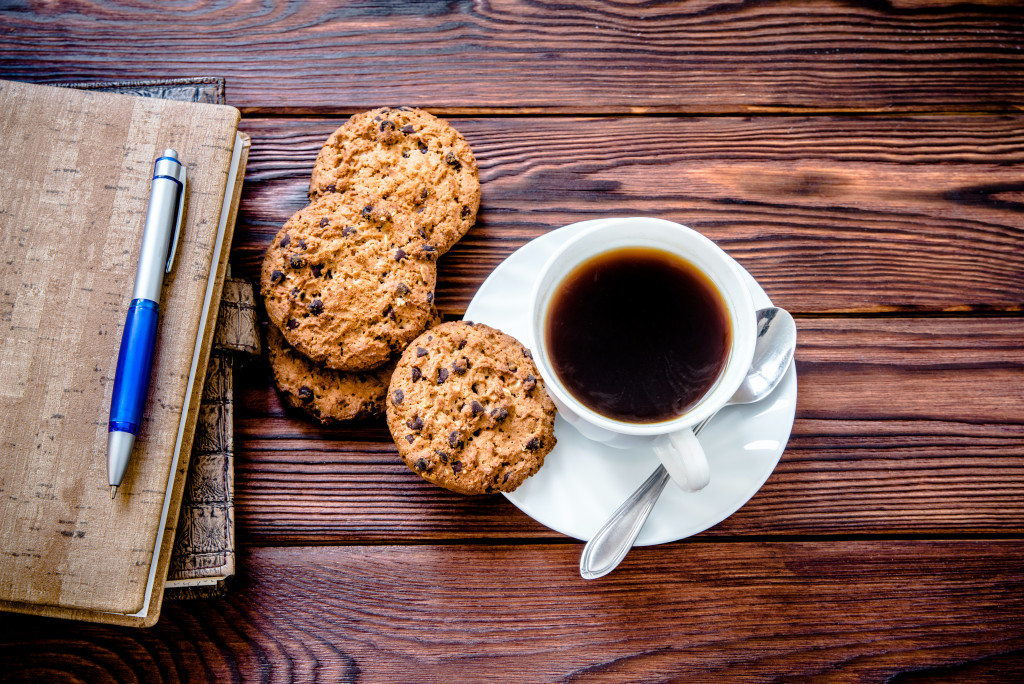- Identify the root cause of teeth grinding, including stress, a sleep disorder, malocclusion, or medications.
- Practice relaxation techniques to reduce stress and tension before bed.
- Use a custom-made mouthguard to protect your teeth from grinding.
- Limit or avoid caffeine intake to reduce the likelihood of bruxism.
- Seek professional help if self-care methods are ineffective in reducing teeth grinding.
Teeth grinding, also known as bruxism, is a common condition that affects many people worldwide. This habit often occurs at night and can cause severe damage to your teeth, jaw, and overall oral health. Breaking this habit can be challenging, but avoiding the long-term effects of bruxism on your oral health is essential. If you’re struggling with teeth grinding, this blog post will help you break this habit and improve your oral health.
1. Identify the Root Cause
The first step in breaking your teeth-grinding habit is identifying why you’re doing it. Understanding the reason behind bruxism can help you find an effective solution to break this habit. Depending on the cause, your course of action may vary. Here are some possible culprits:
a. Stress or Anxiety
Grinding your teeth can be a way to manage stress or anxiety. Stress usually develops due to work, family, or financial problems. You grind your teeth in subconscious attempts to cope with the pressure. If this is the case, consider talking to a mental health care provider to manage your stress levels better.

b. Sleep Disorders
Teeth grinding can often be caused by an underlying sleep disorder, such as sleep apnea or bruxism. A medical professional can help diagnose the problem and determine an appropriate treatment.
c. Malocclusion
Malocclusion, or an improper bite, can cause teeth grinding as well. If your teeth don’t fit together correctly, it can cause excessive strain on your jaw and encourage grinding. It’s essential to address this issue with the help of an orthodontist or dentist to ensure your teeth fit together properly.
d. Medications
Certain medications may contribute to teeth grinding, such as antidepressants or stimulants. If you’re taking any of these medications, talk to your doctor and see if an alternative is available.
2. Practice Relaxation Techniques
One of the best ways to reduce teeth grinding is to practice relaxation techniques. Meditation, deep breathing, and yoga are just a few examples of such techniques you can try. Combining relaxation techniques with a warm bath or soothing music can help you sleep more soundly and reduce stress.
You can also try applying a warm compress to your jaw before bed. This can help relax the muscles in your face and reduce tension, thereby reducing teeth grinding. Just ensure you don’t overheat the compress or leave it on too long. If you cannot relax your jaw, perform a few gentle stretches before bed.
3. Use a Mouthguard
A mouthguard is a dental device that helps protect your teeth from damage caused by teeth grinding. These custom-made oral devices cover your teeth and help prevent your upper and lower teeth from touching and rubbing with each other while sleeping. There are also different types of mouthguards available:
a. Anterior deprogrammer
An orthodontic anterior deprogrammer night guard separates your upper and lower teeth so they do not press against each other. It relieves pressure on your jaw and can reduce teeth grinding.
b. Occlusal splint
An occlusal splint is a hard plastic mouthguard that covers your entire upper teeth. This type of guard helps keep your jaw in its correct position and helps keep the lower and upper teeth from making contact.
c. Bite plate
A bite plate is designed to redistribute the pressure from bruxism and reduce the strain on your jaw. This is used to help correct an overbite that may be causing teeth grinding.

4. Limit Your Caffeine Intake
Caffeinated beverages consumed before bedtime can increase the likelihood of teeth grinding. High levels of caffeine can overstimulate your nervous system, causing heightened stress levels and making it more difficult for you to relax. Avoid or reduce caffeine intake, especially before bedtime, to help alleviate your bruxism over time. You can also try drinking herbal teas or warm milk to help you relax before bed.
5. Seek Professional Help
If you’re struggling with teeth grinding and don’t see any improvement with self-help measures, seeking professional help is essential. Your dentist can help diagnose and manage the underlying cause of your bruxism. Additionally, they can prescribe muscle relaxants or recommend therapy approaches such as cognitive-behavioral therapy, which may help reduce your teeth grinding.
Breaking your teeth-grinding habit can be challenging, but following the abovementioned remedies can help you break this habit and improve your oral health. While some self-help measures will provide relief, consulting with a dental professional is essential if you require a more comprehensive treatment plan. Remember, teeth grinding can lead to severe dental damage, so addressing this condition before it causes irreversible harm is essential. With the right approach and patience, you can overcome your bruxism and improve your oral health.
